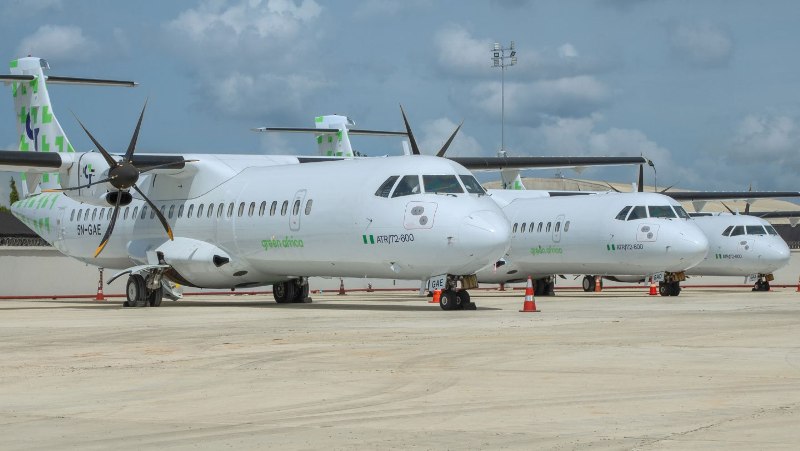Fuel Contamination Incident: NCAA Issues AOL To Aircraft Operators, Aviation Fuel Suppliers
The Nigerian Civil Aviation Authority (NCAA) has issued an All Operators’ Letter (AOL 085R), mandating airlines, aircraft operators and aviation fuel suppliers to comply with refueling procedures as documented in their Maintenance Control Manual/Refuelling Manual and the Fuel Suppliers Operations Manual/Quality Control Manual.
The circular signed by Director of Airworthiness Standards, NCAA, Engr. Gbolahan Abatan for DGCA, states that “there have been many flight accidents in history caused by fuel contamination resulting in abnormal operation of jet engines. Water is a major contaminant among others.
In the recent times, the NCAA has been receiving mandatory occurrence reports from airlines with issues related to water being found in the fuel tank of the aircraft. Of recent is a report of a significant amount of water drained from the fuel tank of a B737 aircraft that had a fuel indication and gauge malfunction in-flight.
The NCAA considers it necessary that knowledge of the potential risks and hazards associated with aircraft refueling and how to mitigate them is important for any person involved in aircraft ground handling.”
“This AOL is revised and is applicable to all airlines, aircraft operators and aviation fuel suppliers in Nigeria.”
“All airlines and aviation fuel suppliers are hereby required to comply as follows:
1. Amendment Refueling Manual, Aviation Fuel Operations Manual/Quality Control Manual and submit for the approval/acceptance of the NCAA within sixty (60) days from date of issue of the AOL085 if the procedures above is not already included.
2. Ensure that the ground personnel are trained on these amended procedures
3. Ensure strict compliance with it.”
NCAA intends to ensure refuelling procedures compliance which has been inadequate of recent. They include Inspection of aircraft refueling equipment by ground staff. The inspection is a walk around of the equipment with a visual inspection of fuel hose, gauges, tires and the overall body of the truck; testing/checking jet fuel quality before refueling by ground staff, with the primary concern being the presence of water in fuel.
“It is mandatory that aviation fuel supplier personnel take sample fuel from the fuelling truck before refuelling with the samples disposed off at a time to be determined by airlines, aircraft operator and aviation fuel supplier.
Airlines and aircraft operators shall ensure that the aircraft fuel tanks are maintained properly to mitigate the risk of excessive water accumulation and microbiological contamination following their maintenance programme.”






